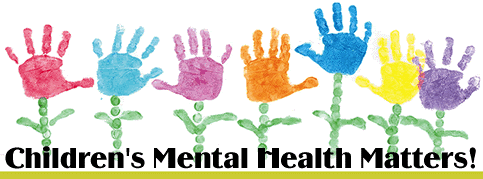Duchess of Cambridge Appeals for Greater Awareness of Children’s Mental Health
Kate’s Support
In a recent public service announcement The Duchess of Cambridge has made an urgent appeal for greater care of children’s mental health. Kate talks about the challenges to children’s mental
health and how important it is that young people receive the right support. Many young people face bullying, bereavement, domestic violence and family problems; all of which are extremely traumatic and can lead to mental health problems such as anxiety, depression, addiction and self-harm.
Kate adds: “The stigma around mental health means that many children do not get the help that they so badly need. This needs to change. We need to help young people and their parents understand that it’s not a sign of weakness to ask for help.”
Kate raised the point that “no one would be embarrassed” to ask for help if a child had a broken arm, arguing that children’s mental health is “just as important as their physical health and deserves the same quality of support.” She believes that early action can prevent problems in childhood from becoming more serious later in life. “We really should be equally ready to support a child coping with emotional difficulties.”
Kate is the royal patron of a charity that provides emotional support to children in over 230 schools across the UK. The charity ‘Place2Be’ have reported that a staggering three children in every classroom have a diagnosable mental health problem and in the past 25 years depression and anxiety has increased by 75% amongst teenagers. The organsation also claim that children were less likely to suffer from serious mental health difficulties later in life if they receive support from an early age.
Positive Experiences with Foster Care
This is quite a poignant topic within fostering as children and young people involved in the child welfare system can be at greater risk of mental health issues than children in the general population, due to histories of child abuse and neglect, separation from biological parents or placement instability. Children with untreated mental health problems can be at greater risk for substance abuse, educational failure, juvenile delinquency, imprisonment, or homelessness.
With more and more young people entering the care system, it is important that foster care is a positive experience and a healing process. For this to happen and for a placement to be successful, any barriers that may affect a child’s development should be understood by all involved in the young person’s life. Professionals and families need information on best practices and improved access to quality mental health services in order to provide the best quality of care for young people and enable them to flourish.


0 comments